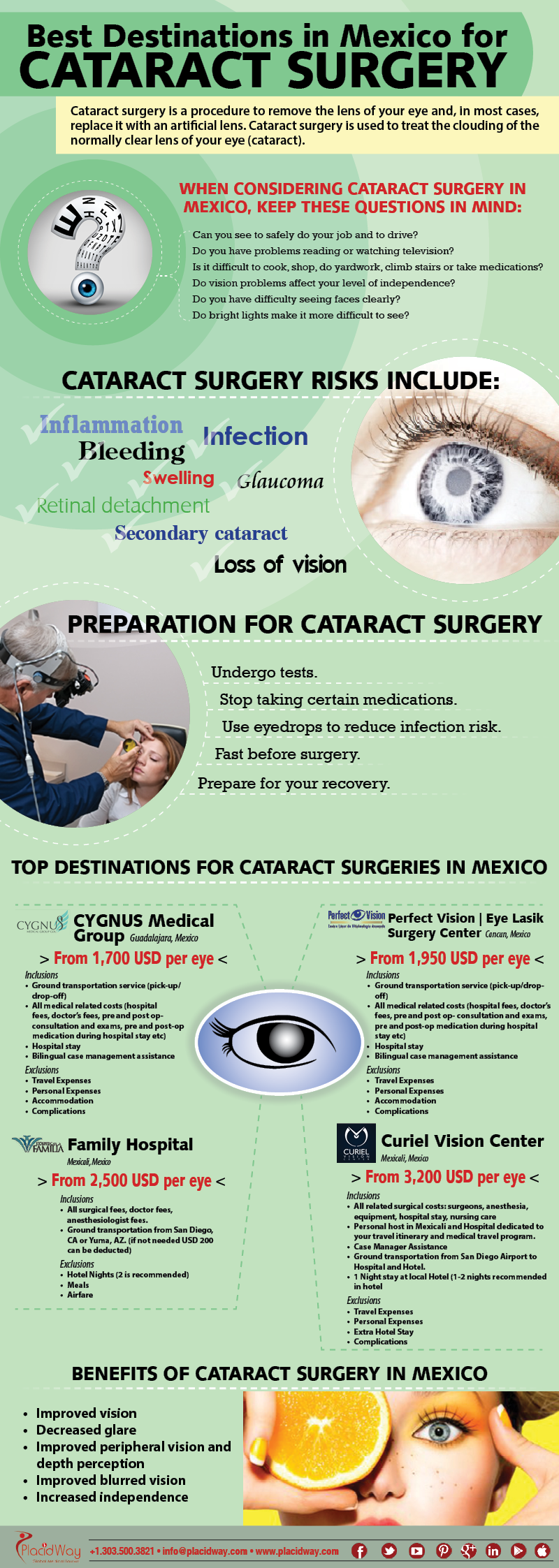Created By-Fuentes Harrison
If you're taking into consideration vision improvement alternatives, PRK surgical treatment could be worth exploring. Unlike LASIK, PRK reshapes the cornea without creating a flap, which can minimize particular risks. This approach is particularly beneficial for those with thinner corneas or higher prescriptions. You might be interested about exactly how this treatment functions, its advantages, and whether you're a suitable candidate. Understanding these elements can help you make a much more educated decision concerning your vision needs.
What Is PRK Surgical treatment and Just How Does It Function?
PRK surgical procedure, or photorefractive keratectomy, is a prominent laser vision correction treatment made to improve your sight.
Unlike LASIK, PRK reshapes the cornea by eliminating the outer layer of cells. Throughout the procedure, your eye doctor utilizes a cool light beam of laser light to specifically sculpt the corneal cells under. This modification allows light to focus appropriately on the retina, enhancing your vision. The external layer then regenerates naturally over time.
PRK's benefits include a lower risk of issues connected to corneal flaps, making it ideal for individuals with thinner corneas. Healing might take longer than LASIK, but several clients appreciate clear vision without glasses or call lenses after the recovery process is full.
Benefits of PRK Over LASIK
While both PRK and LASIK work laser vision adjustment options, there stand out benefits to picking PRK for certain patients.
One major benefit is that PRK does not involve producing a corneal flap, which minimizes the threat of problems associated with flap issues. This makes PRK a safer selection for those with thinner corneas or specific eye conditions.
In addition, considering that PRK deals with the surface area of the eye, it can be extra reliable for individuals with higher prescriptions.
The healing process, although slightly longer, typically leads to stable, lasting results.
You'll additionally appreciate that PRK is less likely to lead to dry eyes compared to LASIK, permitting a more comfy healing experience.
Who Is an Ideal Candidate for PRK?
Are you questioning if PRK is the ideal option for you? https://metro.co.uk/2019/04/30/carol-vorderman-pretend-sleepy-time-recovering-laser-eye-surgery-9371775/ include individuals with light to modest nearsightedness, farsightedness, or astigmatism.
If you have slim corneas or other corneal abnormalities, PRK can be a far better option considering that it does not involve cutting a flap like LASIK. You need to also be at the very least 18 years old and have stable vision for at the very least a year.
If you have actually had previous eye surgeries, review your alternatives with your eye surgeon. Furthermore, those with specific clinical conditions, like autoimmune illness or unchecked diabetes mellitus, may not qualify.
Inevitably, https://www.google.com/search?q=Carrot+LASIK+%26+Eye+Center&ludocid=15588486406888120351&lpsid=CIHM0ogKEIHp6-W9xd3gVw&source=sh/x/localposts/m1/1&lsig=AB86z5Xx7mdNEAzhH9Ol-VfLW6sv&shndl=-1&shem=sdl1pl&kgs=f4e36c641f82abc5 and examination will aid establish if PRK is the most effective solution for your vision needs.
Verdict
In conclusion, PRK surgery supplies a safe and effective means to improve your vision without the dangers connected with LASIK. By improving your cornea without creating a flap, it's suitable for those with thinner corneas or higher prescriptions. While recuperation might take a bit longer, many patients delight in steady results and much less pain, like less instances of dry eyes. If you're thinking about vision adjustment, PRK could be the appropriate choice for you.

